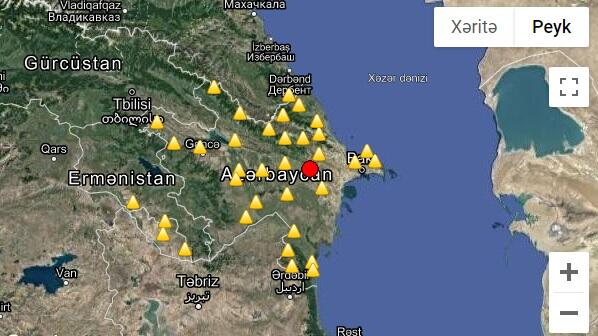The psychologist Tasha Eurich reports that 95% of people think they’re self-aware – that is, conscious of what really makes them tick and how they come across to others – yet only about 10-15% of us truly are.
Axar.az reports citing the Guardian.
The discrepancy shouldn’t come as a surprise, since one thing people with no self-awareness are going to lack self-awareness about, you’d assume, is their lack of self-awareness.
Doubtless you’re familiar with this phenomenon: your world is probably full of people – friends, colleagues, bosses – who seemingly haven’t a clue how others really see them. But, of course, the real question is whether that’s also true of you. Or, in my case, me. Perhaps we’re no better, when it comes to self-knowledge, than the prisoners in one 2013 study, mostly violent criminals, who judged themselves to be kinder and more trustworthy than most people – and, most disconcertingly of all, no less law-abiding than the average non-prisoner.
Eurich’s new book, Insight, somewhat breathlessly describes self-awareness as “the meta-skill of the 21st century… critical for success in today’s world”. (I can’t resist asking: is she aware how excitable that sounds?) Even if that’s a slight exaggeration, though, it’s a fascinating read, not least for this conclusion: “The assumption that introspection leads to self-awareness is a myth.” In other words, looking deeply into who you are isn’t a reliable way to understand who you are. For one thing, we’re highly susceptible to judging our lives, as a whole, on the basis of fleeting emotional states. (German researchers once arranged for some participants in an experiment to find a coin on the floor en route to the experiment; the coin-finders then rated their general life satisfaction more highly than others.) For another, we get bogged down in stories about ourselves, whether they’re true or false. For example, Eurich argues, when therapy goes awry, it tends to end up fuelling narratives that seem to explain everything – “all my problems are because I was adopted”, etc – even if they happen to be wrong.
What can we do? Among numerous strategies, Eurich recommends asking yourself questions that begin with “what?” rather than “why?”: not “Why do I hate my job?” or “Why isn’t this relationship working?”, but “What don’t I like about my job?” and “What’s not working in this relationship?” “Why” has a tendency to suck you back into stories and inconclusive rumination; “what” is more likely to help identify your personality traits or patterns of behaviour so that you can either change them or change your job, relationship, etc, to accommodate them.
Like meditation and journaling – which Eurich also recommends – this allows you to objectify yourself to yourself. She quotes Spinoza: “An emotion, which is a passion, ceases to be a passion as soon as we form a clear and distinct idea thereof.” In some fundamental way, genuine self-knowledge relies on coming to see yourself as a stranger – as opposed to someone you already love (or hate) so much that you’re blinded to the truth.














.jpg)
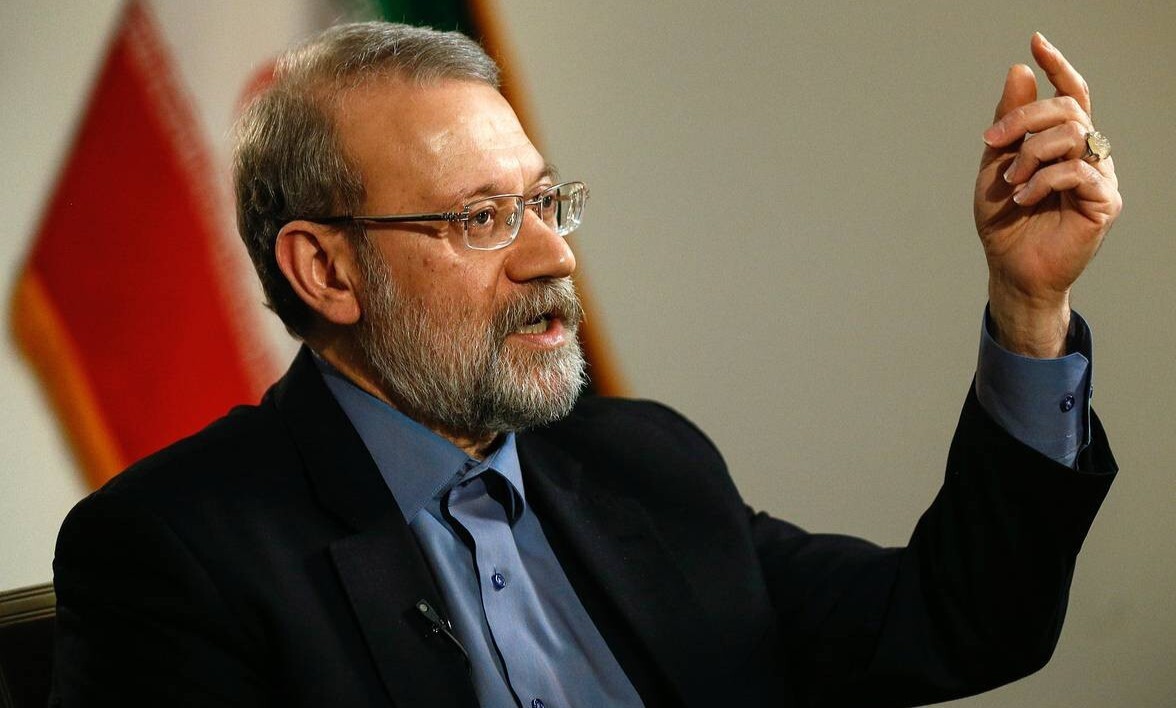
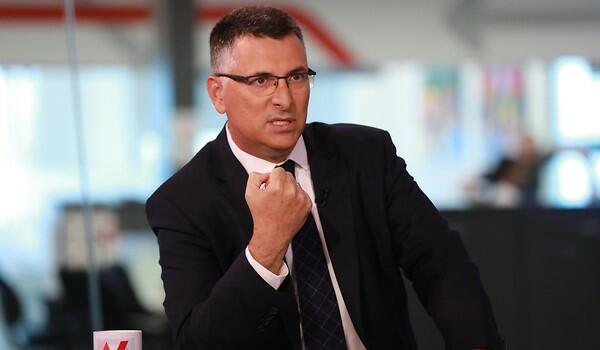








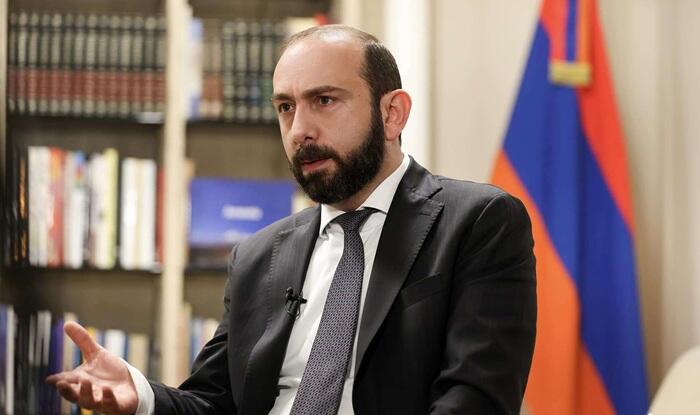












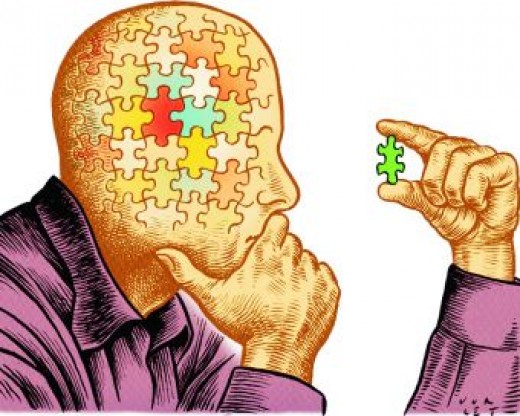









.jpg)
